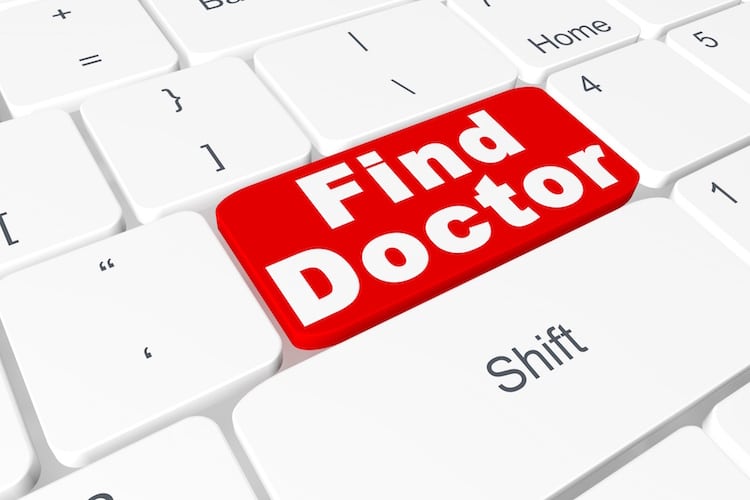Living Healthy in a Toxic Environment — Part VI: Teaming Up with the Right Doctor

In the first five parts of this series (links for Parts I-V appear at the end of today’s post), you discovered just how toxic the world is and what you can do to avoid and eliminate toxins from your system. Unfortunately, self-help will get you only so far and not very quickly. A doctor trained to understand the interaction between the human body and the environment and is committed to optimizing your health instead of merely eliminating illness or, even worse, suppressing symptoms, can be a valuable guide.

Such a doctor can:
- Carefully review your history.
- Work with you to explore the underlying causes of your ailments.
- Order tests and review test results to unravel the deeper mystery and find out what is preventing you from feeling your best.
- Tailor a treatment plan that helps you avoid toxins and reduce your body’s toxic load while restoring the healthy function of all systems in your body: skeletal, muscular, digestive, respiratory, endocrine, circulatory, nervous, reproductive, urinary, integumentary (skin, hair, nails), and cellular.
Our highly toxic environment has been a game changer in the world of medicine. The traditional approach with a focus on illness and symptoms no longer applies. With such an approach, doctors chase symptoms with medication, which often triggers other symptoms that call for additional treatment. We commonly see patients on 10 or 20 different medications, not knowing which medications are doing what and feeling worse than ever. With appropriate treatment that supports healthy function, we can strip away most, if not all of these medications.
When searching for a doctor, we encourage you to use the following criteria to select the right doctor for you:
- Integrative healthcare: According to the Academy of Integrative Health & Medicine (AIHM), integrative health and medicine “reaffirms the importance of the relationship between practitioner and patient, focuses on the whole person, is informed by evidence, and makes use of all appropriate therapeutic approaches, healthcare professionals and professions to achieve optimal health and healing.” Doctors who ignore alternate approaches limit your options.
- Committed to identifying and treating underlying causes, not just symptoms: The doctor should focus more on why than what. In other words, a diagnosis should consist of more than labeling an illness. It should peel away the layers to find the root cause or causes of the illness, and treatment should address those root causes, not simply eliminate symptoms.
- Generalist: Beware of specialists, who are trained to know a lot about a defined area but rarely look at how all systems interrelate. Specialists tend to be biased in their diagnosis, because they have a unique and limited perspective. A good doctor will look at all the mechanisms of the body and know how they might interact with one another. On the other hand, a gastroenterologist may not know the connection to the brain fog you may be experiencing, and a psychiatrist may not know how the anxiety that you have been medicated for is related to your exposure to gluten and leaky gut (i.e., increased intestinal permeability or intestinal hyperpermeability).
- Partnership: Look for a doctor who is willing to be your partner and encourages you to play an active role in your own healthcare. If a doctor treats you more as a passive patient than an active participant, you are probably dealing with a doctor who treats symptoms instead of underlying causes.
At Restoration Healthcare, we practice functional medicine, which, according to the Institute for Functional Medicine, “addresses the underlying causes of disease, using a systems-oriented approach and engaging both patient and practitioner in a therapeutic partnership.” Our goal is to team up with you to optimize the health of every cell in your body, so they can function at their best and work together to keep you healthy. For more about our functional medicine services, check out rhealthc.com/services/functional-medicine-services-irvine/.
For the previous parts in this series, please see:
- Part I — Recognizing the Problem
- Part II — Reducing Your Exposure to Environmental Toxins
- Part III — Food and Fasting
- Part IV — Mindfulness and Meditation
- Part V — Exercising and Sweating

